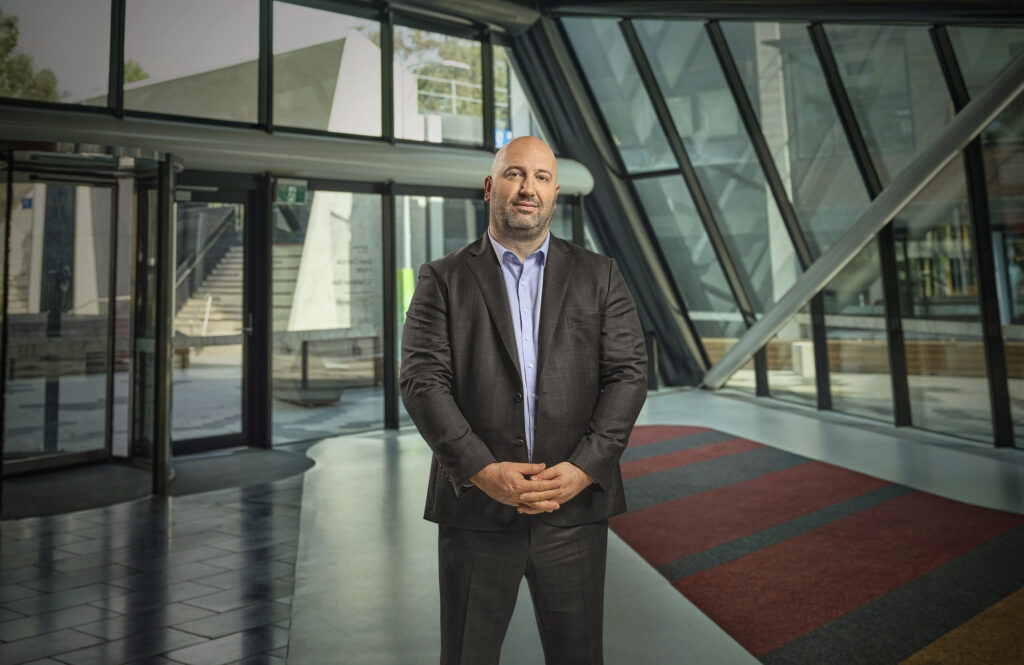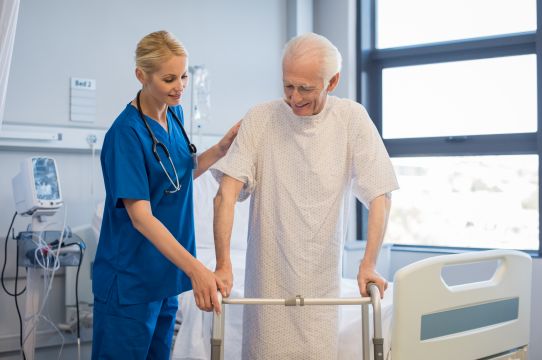Dragan Ilic, Deputy Head (Education) of the School of Public Health and Preventative Medicine and course coordinator of our Master of Public Health (MPH) is always looking for ways to maximise efficiencies and improve the healthcare system. Evidence-based practice (EBP) is an integral part of making clinical decisions in healthcare, and Dragan sees first-hand the numerous benefits for patients, healthcare professionals, and the healthcare system.
Evidence allows practitioners to make decisions that are more likely to improve patient outcomes, increase efficiency, reduce costs, boost patient satisfaction, and improve the quality of care. Yet it is not a lack of evidence that concerns Dragan, but the abundance of it.
‘Approximately two biomedical research papers are published every minute, to keep up healthcare professionals would be spending more time searching for evidence than applying it.‘
The vast amount of published research has led to what is commonly known as ‘research waste’. Defined as research that is either unnecessary or poorly conducted, it’s unlikely to have any impact on clinical practice. This means that healthcare professionals sift through a large amount of irrelevant information and that valuable resources and funding are directed towards ineffective research, further exacerbating the challenge of staying up to date with the latest medical research. ‘We’ve got so much evidence available to clinicians, researchers, patients and policymakers… but how do we best utilise it?’
This interrogation which Dragan draws from EBP, helps him determine which innovative ideas for diagnoses and treatment work. It’s also the same mindset he incorporates into Monash’s Master of Public Health and encourages students to adopt, as the future of healthcare presents unique challenges.

Healthcare in the digital age
Dragan has also been working to develop and implement a new unit in digital health, exploring healthcare in a technological age. One topic is telehealth, and the associated developing issues surrounding data and privacy.
‘I don’t think the average person on the street realises how much data is floating out there.’
In our Master of Public Health, Dragan looks at ways in which we can redesign communication between patients and General Practitioners (GPs), and GPs with hospitals and specialists, to prevent data leaks. Emerging ideas like encrypted clinical registries are being explored by students, ensuring they are ahead of the curve in their discipline and able to play an active part in shaping the healthcare system so that it provides both the convenience of an online clinical offering and the confidence of ethical and secure digital infrastructure.
The exponential benefits of a flexible study model
Dragan is a strong believer that digital platforms can also revolutionise education for students. Our course design includes six teaching periods, which provides you with greater flexibility.
‘The students are doing one unit for six weeks, have a couple of weeks off and then move on to the next unit so they can really immerse themselves into the unit and really dedicate themselves to that six-week period.’
One of the main benefits of flexible and online study is the convenience it provides. You can complete coursework and attend classes from anywhere and at any time, allowing you to fit your education around other commitments such as work and family. If you have previously been unable to attend university full-time, this gives you the opportunity to pursue your education goals.
Online study creates a more personalised learning experience. You can choose when and where to study and tailor your learning to your needs and preferences. This is beneficial for students who may have different learning styles or who may need extra support in certain areas.
Ranked #30th in the world for Public Health
Dragan is one of the changemakers at Monash online who brings industry expertise and innovation to the design of our courses. Working with leaders in the field is a key reason Monash University has developed an internationally recognised reputation for excellence in Public Health.

‘We’ve got so many people that are not only national experts but international experts in their fields, whether it be public health, health promotion, chronic disease, or infectious disease. Some of whom have been directly involved with the COVID response from a clinical, research and policy standpoint.’
Utilising and connecting with experts is an enriching and unique opportunity for students, and why Dragan encourages anyone looking to build upon their experience in healthcare or pivot their career into the sector, to consider the Master of Public Health. Tackling the greatest health challenges of today and tomorrow needs changemakers like Dragan and you.



